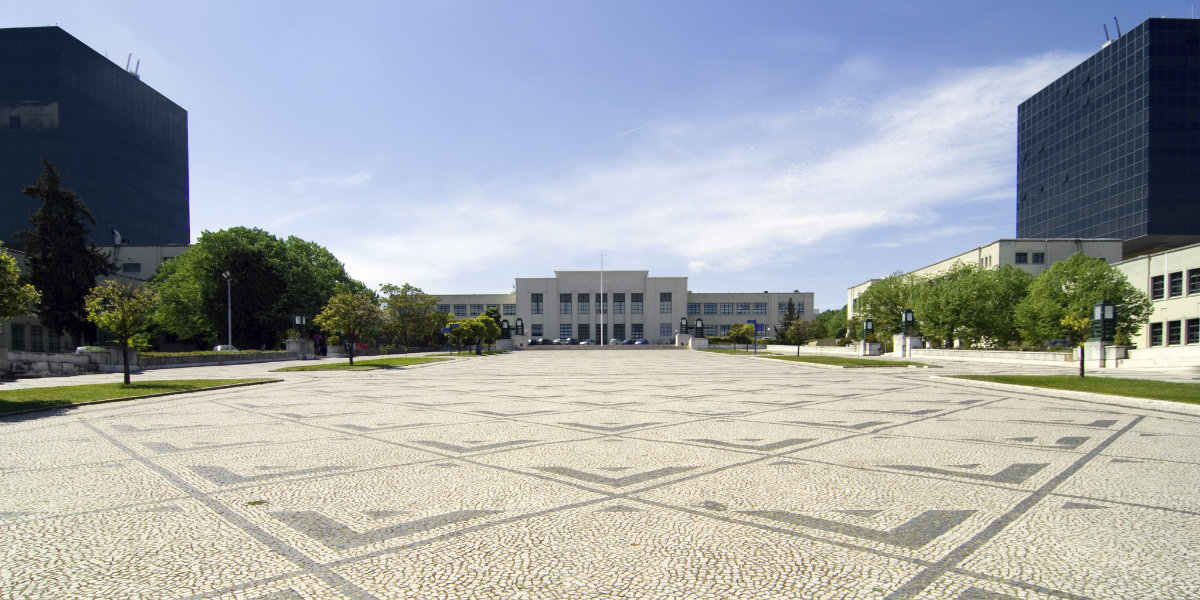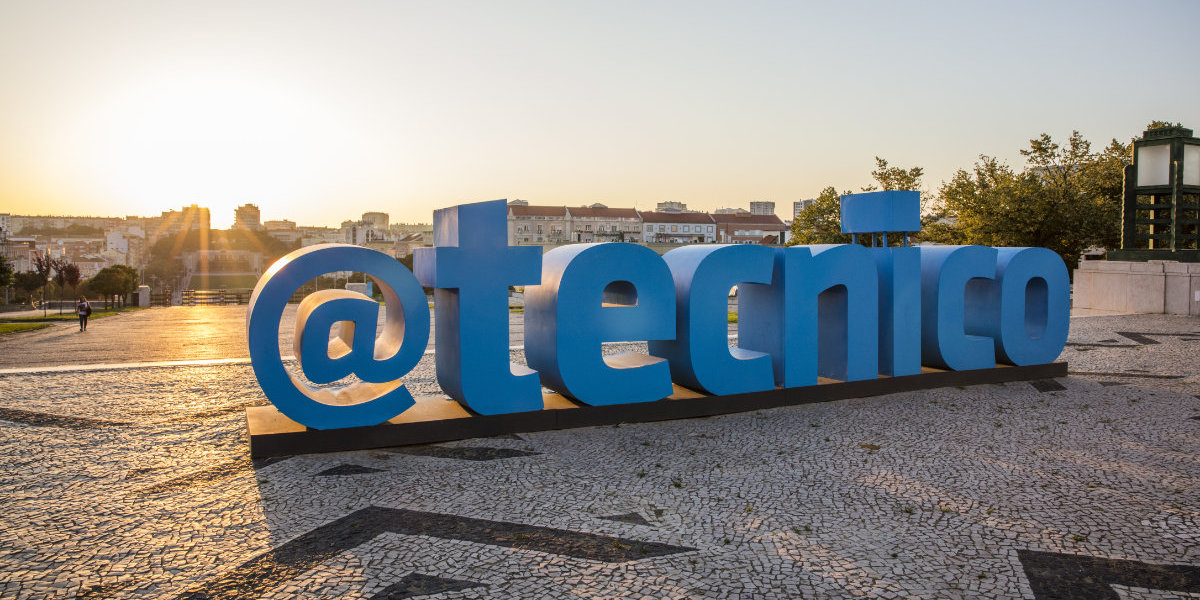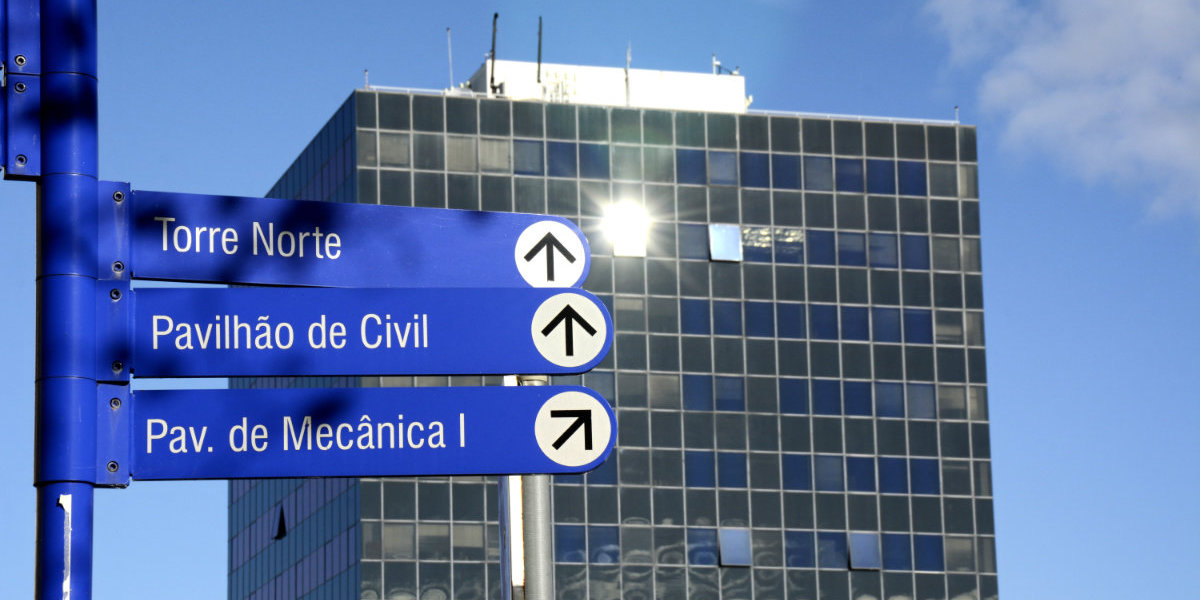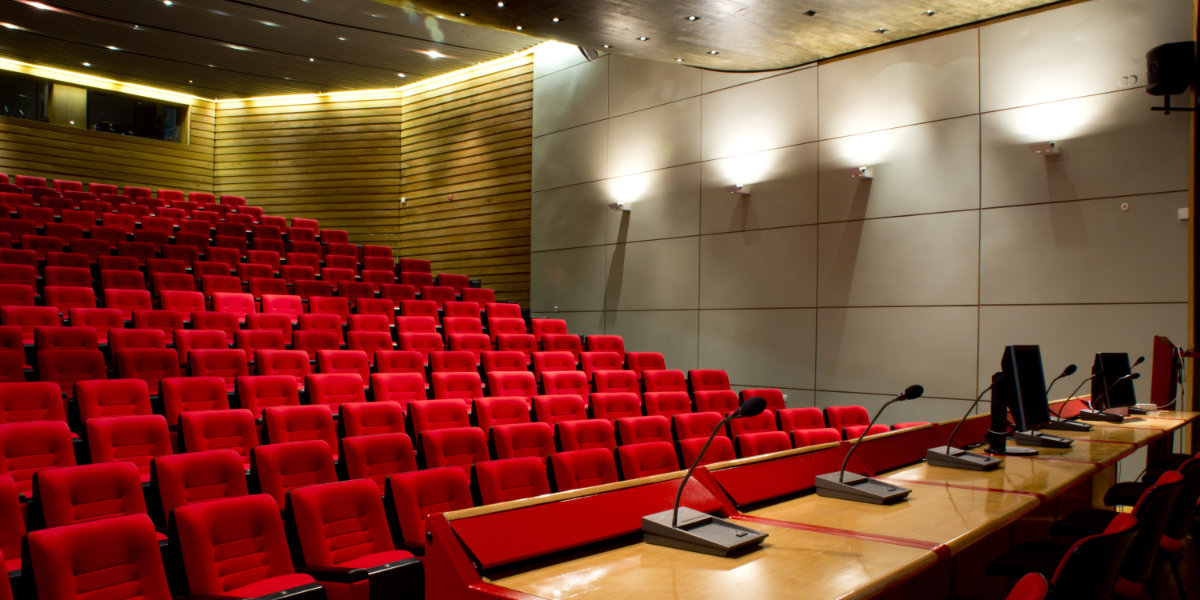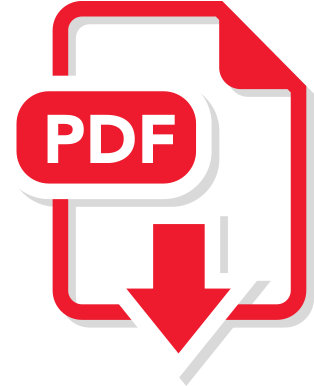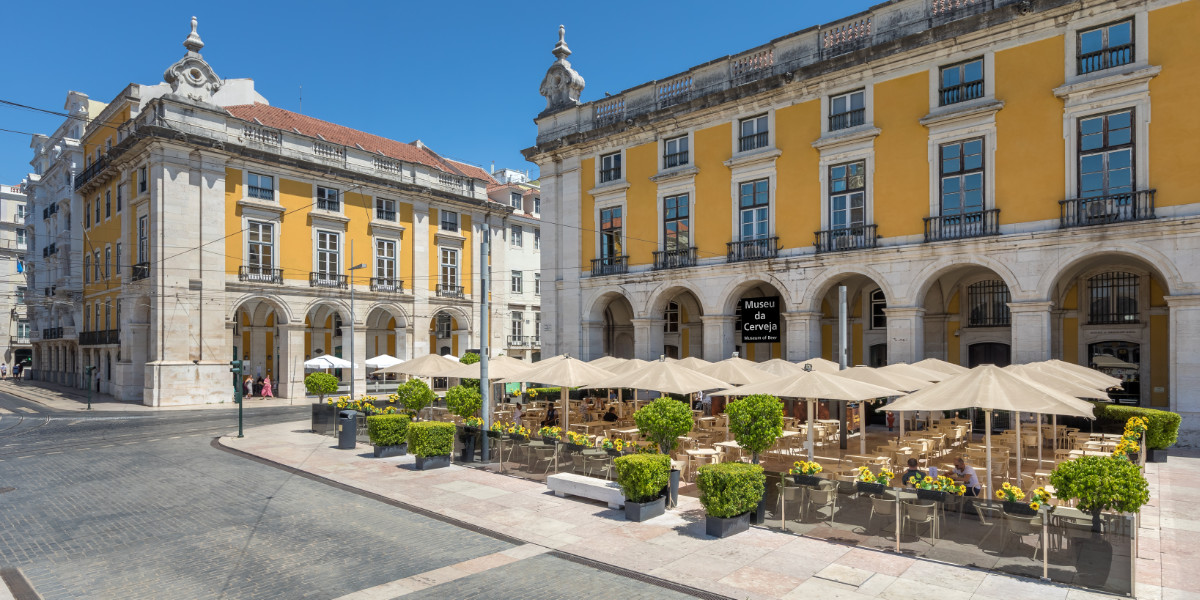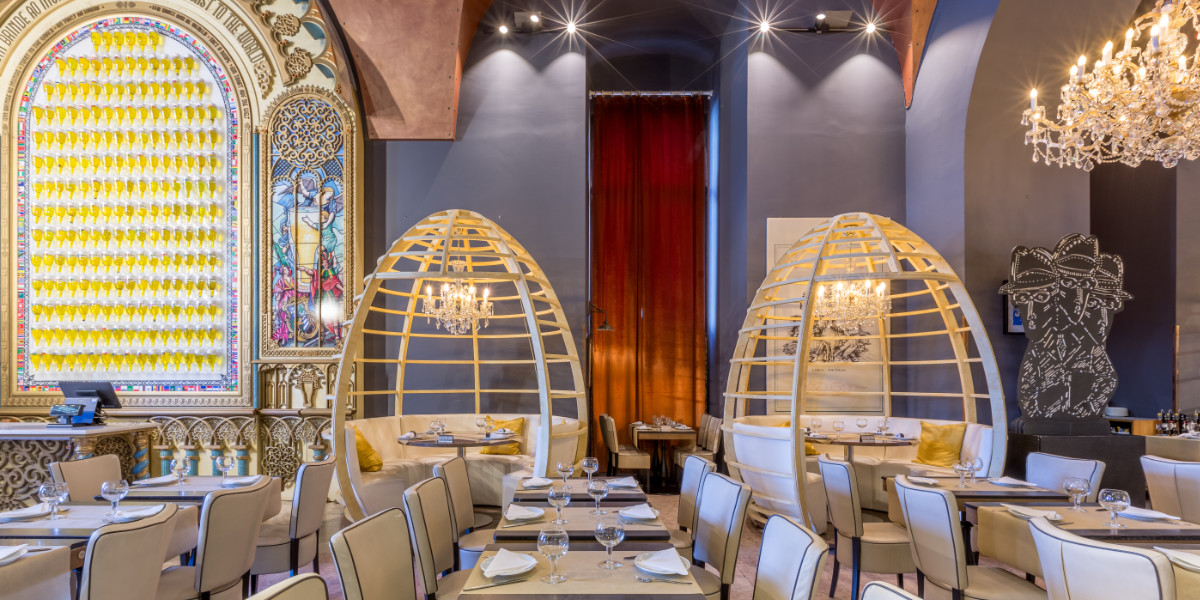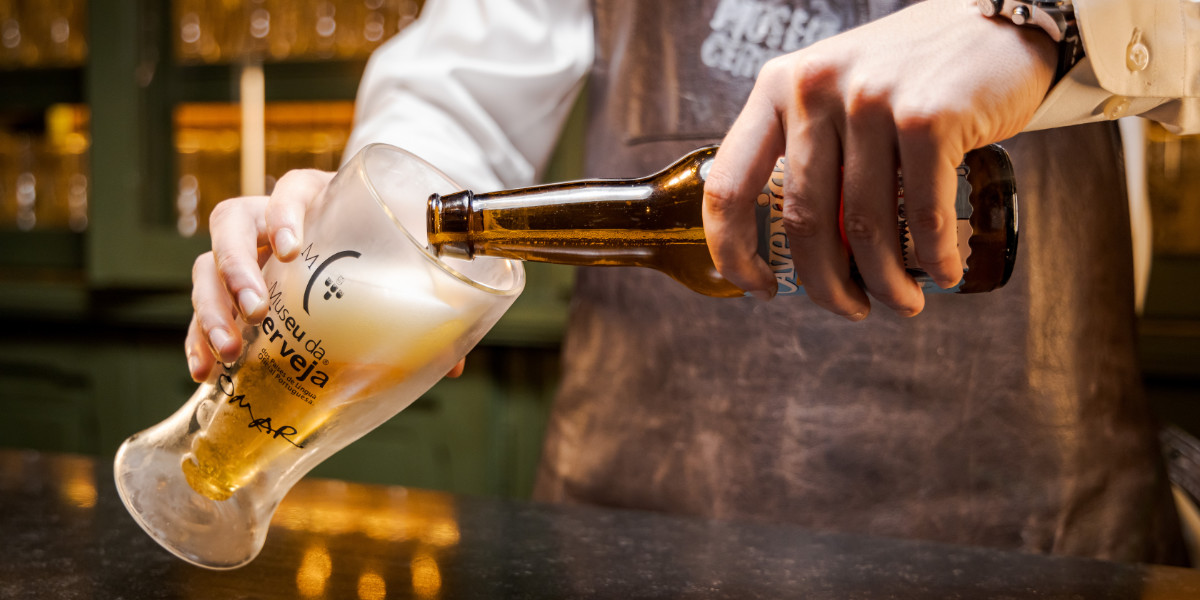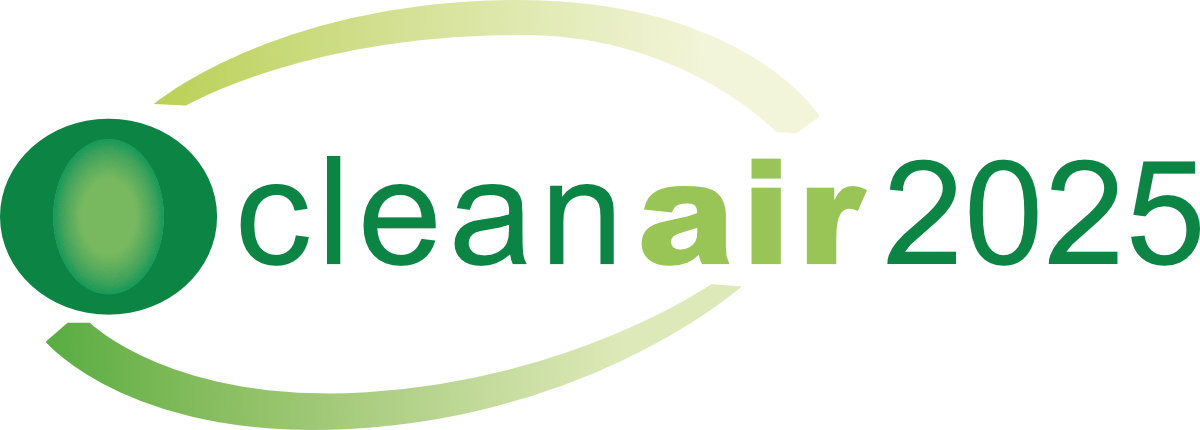

Welcome to the official website of the 16th International Conference on Combustion Technologies for a Clean Environment.
The Conference will be held at Instituto Superior Técnico, Lisbon, Portugal, from May 25 to 29, 2025.
Lisbon is the capital and largest city of Portugal. It is built on 7 hills, surrounded by the Tagus river and a stunning coastline, and although it has more than 20 centuries of History, it is ageless. Beautiful and unexpected colourful views are found on every corner.
The conference will address topics such as combustion fundamentals, reaction kinetics, laminar and turbulent flames, computational and experimental methods, liquid and solid fuels combustion, pyrolysis, gasification, engines, gas turbines, boilers and furnaces, CO2 capture processes, pollutants emission, alternative fuels, new combustion concepts, and machine learning application to combustion processes.
The topics of the conference include but are not limited to:
• Combustion fundamentals
• Reaction kinetics
• Combustion diagnostics
• Computational methods
• Laminar flames
• Turbulent combustion
• Droplets and spray combustion
• Solid fuels combustion
• Pyrolysis and gasification
• Engines, gas turbines, boilers and furnaces
• CO2 capture and sequestration
• Pollutants formation and control
• Alternative and low-carbon fuels
• New combustion concepts
• Machine learning applications to combustion
• Detonations, fires and explosions
Venue
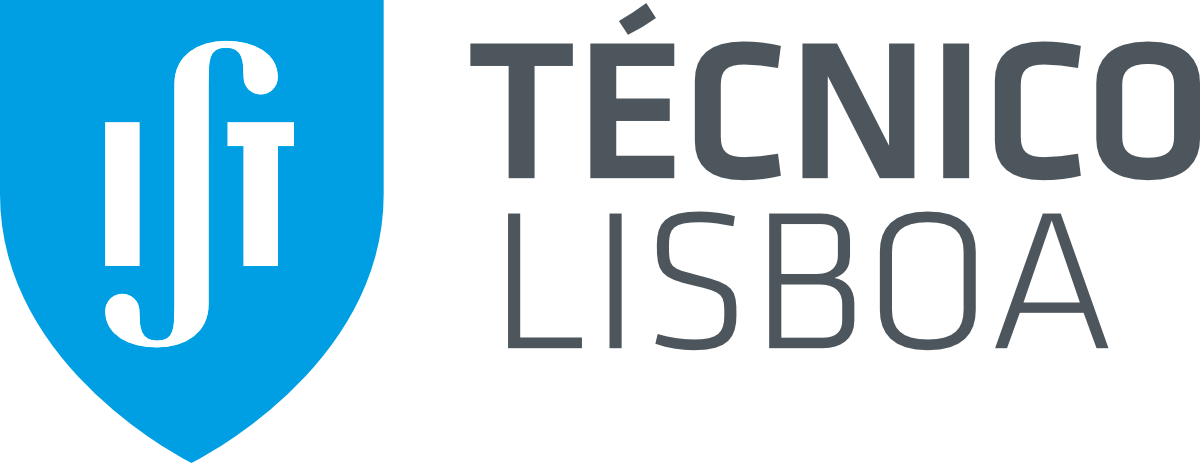
Instituto Superior Técnico (IST)
Avenida Rovisco Pais
1049 - 001 Lisboa
The conference will be held in the Congress Centre located within the campus of IST, just 3 km from Lisbon International Airport. IST Congress Centre has a Main Auditorium with a capacity for 300 delegates, additional conference rooms and large halls for coffee breaks, poster sessions and exhibitions.
Committees
CONFERENCE CHAIRS
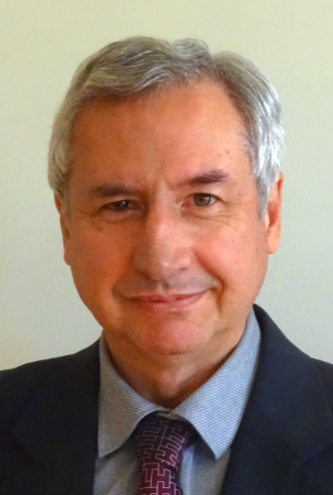
Pedro Coelho
Instituto Superior Técnico
Lisboa, Portugal
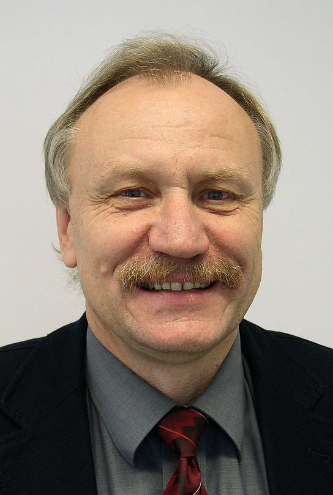
Roman Weber
Clausthal Technical University
Clausthal, Germany

Minghou Xu
Huazhong University of Science and Technology
Wuhan, PR China
LOCAL ORGANIZING COMMITTEE
• Ana Filipa Ferreira, Instituto Superior Técnico, Lisboa, Portugal
• Miguel Mendes, Instituto Superior Técnico, Lisboa, Portugal
• Pedro Coelho, Instituto Superior Técnico, Lisboa, Portugal
SCIENTIFIC COMMITTEE
• Agustin Valera-Medina, University of Cardiff, United Kingdom
• Alessio Frassoldati, Politecnico di Milano, Milan, Italy
• Anders Brink, Process Chemistry Centre, Åbo Akademi University, Åbo, Finland
• Ashwani Gupta, University of Maryland, U.S.A.
• Assaad Masri, The University of Sydney, Sydney, Australia
• Bénédicte Cuenot, Safran, France
• Changdong Sheng, Southeast University, Nanjing, China
• Christian Hasse, Technische Universität Darmstadt, Darmstadt, Germany
• Dirk Roekaerts, Delft University of Technology, Delft, the Netherlands
• Edgar Fernandes, Instituto Superior Técnico, Lisboa, Portugal
• Epaminondas Mastorakos, University of Cambridge, United Kingdom
• Feyza Kazanç Özerinç, University of Illinois at Urbana-Champaign, U.S.A
• Jacobo Porteiro, University of Vigo, Vigo, Spain
• Jeroen van Oijen, Eindhoven University of Technology, Eindhoven, The Netherlands
• Luc Vervisch, CNRS Coria, INSA de Rouen Normandie, France
• Luís Tarelho, University of Aveiro, Aveiro, Portugal
• Mara de Joannon, Istituto di Ricerche sulla Combustione IRC-CNR, Naples, Italy
• Maria Alzueta, University of Zaragoza, Zaragoza, Spain
• Milan Vujanović, University of Zagreb, Zagreb, Croatia
• Mohy Mansour, Cairo University, Cairo, Egypt
• Neven Duić, University of Zagreb, Zagreb, Croatia
• Nilanjan Chakraborty, University of Newcastle, United Kingdom
• Norberto Fueyo, University of Zaragoza, Zaragoza, Spain
• Pascale Desgroux, CNRS, PC2A, University of Lille, France
• Peter Glarborg, Technical University of Denmark, Lyngby, Denmark
• Philippe Dagaut, Centre National de la Recherche Scientifique, INSIS, Orléans, France
• Sudarshan Kumar, Indian Institute of Technology Bombay, Mumbai, India
• Viktor Scherer, Ruhr-Universitat Bochum, Bochum, Germany
• Xue-Song Bai, Lund University, Sweden
Key Dates
Extended abstract submission:
January 31th, 2025
Acceptance notification:
February 28th, 2025
Early bird registration and payment:
March 14th, 2025
Final deadline for registration and payment for authors:
March 31st, 2025
Submissions

Extended Abstract/Paper submission
The authors may choose to submit either an extended abstract or a full paper (the deadline is the same). In the former case, there is no paper submission.
The Extended Abstract/Full Paper should be written according to the template below and submitted using the SUBMISSION button.

Presentation Guidelines
ORAL PRESENTATIONS
The time allocated for the presentations is 60 minutes for the invited lectures and 25 minutes for oral presentations, including the time for discussion. Laptops connected to LCD projectors are available in all rooms. Speakers should bring their presentations on a USB flash drive in Microsoft PowerPoint format (*.ppt, *.pptx) or Adobe PDF format. The presentations must be delivered to the local staff and copied to the laptop of the room allocated to the presentation. First day presenters should deliver their presentations during the morning coffee break on Monday, June 26th. All the other presenters should do the same by the end of the previous session, even if the scheduled session is on the following day. Speakers may also connect their laptops directly to the projectors, but we cannot guarantee compatibility.
POSTER PRESENTATIONS
Posters must have A0 format (841 mm x 1189 mm, upright format - vertical). They must be placed in the poster panels during the coffee break before the poster session (Wednesday, 28th June, at 11:15-11:35). The organisation will provide pushpins to attach your poster on the poster panels. We kindly ask you to use them and not any other kind of material as they might cause damage to the panels.
Registration

Registration Fees
Early full registration* - 700 EUR (until March 14th, 2025)
Early student registration* - 400 EUR (until March 14th, 2025)
Full registration* - 800 EUR (after March 14th, 2025)
Student registration* - 500 EUR (after March 14th, 2025)
Accompanying persons** - 150 EUR
* Authors must register until 31st March to guarantee that the paper is included in the final programme.
Registration fee includes attendance to all technical sessions, the program and abstracts book, welcome reception, lunches, coffee breaks and conference banquet
One full/student registration covers a maximum of two extended abstracts/papers. Additional extended abstracts/papers must be covered by other full/student registration(s)
**Accompanying person registration fee includes welcome reception, lunches, and conference banquet

Registration

Cancelation
Cancellations must be made in writing to Rita Maia, email: ritamaia@tecnico.ulisboa.pt
Before May 9th, 80% of the registration fee will be refunded. No refunds are possible thereafter.
All refunds will be managed after the Conference.
Keynote Lectures
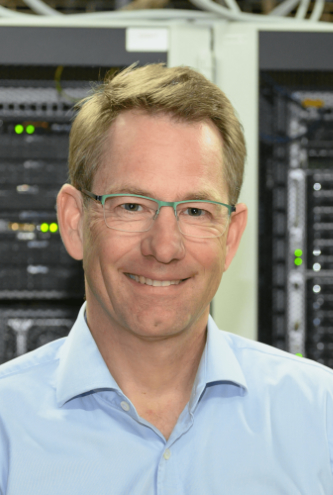
Christian Hasse
Darmstadt University of Technology, Darmstadt, Germany
Short-biography:
Prof. Hasse is head of the Institute for the Simulation of Reactive Thermo-Fluid Systems (www.stfs.tu-darmstadt.de) at Darmstadt University of Technology. From 2010-2017 he was full professor at the Technische Universität Bergakademie Freiberg. From 2004-2010 he worked at BMW in engine development and exhaust aftertreatment. He received his doctorate at RWTH Aachen University in 2004 (supervisor: Norbert Peters).
Short-biography:
Prof. Hasse is head of the Institute for the Simulation of Reactive Thermo-Fluid Systems (www.stfs.tu-darmstadt.de) at Darmstadt University of Technology. From 2010-2017 he was full professor at the Technische Universität Bergakademie Freiberg. From 2004-2010 he worked at BMW in engine development and exhaust aftertreatment. He received his doctorate at RWTH Aachen University in 2004 (supervisor: Norbert Peters).
He has successfully supervised 32 PhD students and currently 30 PhD students and post-docs are working in his group in Darmstadt. His main research interests are combustion theory, modeling and simulation with application to technical systems such as aero-engines, gas turbines, IC engines, furnaces, and reactors in process engineering. He has published over 280 peer-reviewed journal papers. He is Fellow of the International Combustion Institute for his contributions to turbulent combustion, solid fuel combustion, multi-phase flows and soot formation. He was elected to the Board of Directors of the International Combustion Institute in 2024.
Since 2021, he is spokesperson of the collaborative research project “Clean Circles – Reactive Metals as Carbon-free Energy Carriers in a Circular Energy Economy” with more than 50 scientists. He received an ERC Advanced Grant for his proposal A-STEAM – Aluminum STEAM Combustion for Clean Energy in 2024.
Green iron and aluminum as recyclable energy carriers in circular economy - From global opportunities to solid fuel combustion physics
Green iron and aluminum as recyclable energy carriers in circular economy - From global opportunities to solid fuel combustion physics
Abstract:
The transformation to a net-zero carbon society is one of the most pressing challenges of our time. Green metal fuels, produced from metal oxides using renewable energy, are emerging as a carbon-free, high energy density replacement for fossil fuels due to their availability and recyclability. Iron and aluminum in particular iron and aluminum are promising options for a carbon-free cycle since they are non-toxic, safe to transport, easy to store, abundant, and in principle can be recycled an unlimited number of times.
This plenary will deliver two key messages:
1. Iron and aluminum are promising carriers of renewable energy for a net-zero carbon society.
2. While previous work on solid carbonaceous fuels provides an excellent starting point for studying metals as energy carriers, the physics of iron and aluminum combustion is quite different, fascinating, and largely unexplored.
In the first part, iron and aluminum are introduced as a recyclable chemical energy carrier. During the reduction of metal oxides, energy from renewable sources such as wind, hydro, and solar is stored. This energy is released again through combustion in air or steam. This yields either high-temperature heat (air) or high-temperature heat and hydrogen (steam). The product of this zero-CO2 combustion process is solid metal oxide. One promising application of metals is the retrofit of existing infrastructure. This is demonstrated with a thermodynamic system analysis for a coal-fired power plant to be operated with iron powder in the future. This is followed by a techno-economic analysis, for which different partner countries for reduction and oxidation are considered. Hydrogen and iron are compared as energy carriers based on round-trip efficiency and levelized cost of electricity.
In the second part, selected experimental and numerical results on the combustion physics are presented. First, the oxidation of single iron particles is showcased, and the different phases of ignition and combustion are discussed with a special focus on the coupling of gas phase transport with the condensed phase kinetics. Similarly, the fascinating physics of aluminum-steam combustion are explored. Going towards multidimensional flames, discrete and continuous flame propagation modes are analyzed. Finally, results for turbulent iron-air flames are presented. The need for well-controlled and well-characterized experimental conditions to reduce uncertainties is demonstrated by comparison to simulation results.
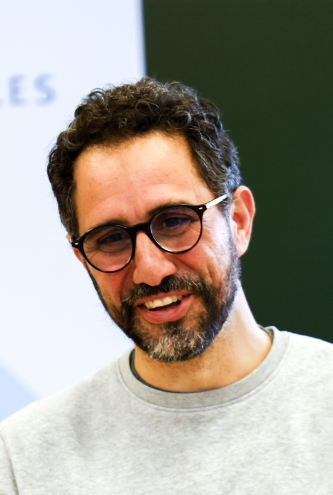
Alessandro Parente
Université Libre de Bruxelles, Brussels, Belgium
Short-biography:
Alessandro Parente earned his Master's (2005) and PhD (2009) in Chemical Engineering from the Università di Pisa. He was a Research Associate at the University of Utah (2007–2009) and joined the von Karman Institute in 2009. Since 2010, he has been at the Université Libre de Bruxelles, where he became Professor in 2019.
Short-biography:
Alessandro Parente earned his Master's (2005) and PhD (2009) in Chemical Engineering from the Università di Pisa. He was a Research Associate at the University of Utah (2007–2009) and joined the von Karman Institute in 2009. Since 2010, he has been at the Université Libre de Bruxelles, where he became Professor in 2019. Co-chair of the Brussels Institute for Thermal-Fluid Systems and Clean Energy (BRITE) since 2021, his research spans experimental and numerical studies of reacting and non-reacting flows, with applications in air quality and industrial decarbonization. He also leads efforts in using machine learning to enhance fluid flow simulations and develop digital twins, coordinating a European network (cypher.ulb.be) for decarbonizing hard-to-abate sectors.
Data and Digital Twins for Sustainable Renewable Fuel Combustion
Data and Digital Twins for Sustainable Renewable Fuel Combustion
Abstract:
Decarbonizing industrial heat, particularly in sectors like steel, glass, cement, and aluminium, presents a critical challenge in the pursuit of global energy transition goals. This challenge is amplified by the reliance of these industries on high-temperature heat, which is difficult to electrify, making the exploration of alternative decarbonization strategies essential. Digital twins have emerged as a powerful tool with the potential to revolutionize the modelling and optimization of complex combustion systems in these industries. By integrating physics-based constraints, data assimilation techniques, and sparse sensing, digital twins can provide accurate and reliable predictions of system behaviour under various operating conditions.
This presentation delves into the development and application of digital twins for practical combustion systems, with a focus on enhancing their predictive capabilities for improved efficiency and reduced emissions. We explore the use of physics-based, data-driven approaches for the development of digital twins capable of continuously integrating heterogeneous data streams and providing estimates of prediction uncertainties.
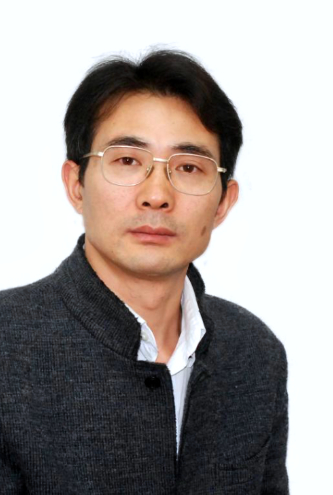
Dunxi Yu
Huazhong University of Science and Technology, Wuhan, China
Short-biography:
Prof. Dunxi Yu is the deputy director of the State Key Laboratory of Coal Combustion, Huazhong University of Science and Technology (HUST), China. He received his Master’s (2002) and PhD (2007) degrees in Thermal Engineering from HUST. From 2009-2011,he worked as a postdoctoral researcher under the supervision of Prof. Jost Wendt at the University of Utah, USA.
Short-biography:
Prof. Dunxi Yu is the deputy director of the State Key Laboratory of Coal Combustion, Huazhong University of Science and Technology (HUST), China. He received his Master’s (2002) and PhD (2007) degrees in Thermal Engineering from HUST. From 2009-2011,he worked as a postdoctoral researcher under the supervision of Prof. Jost Wendt at the University of Utah, USA. He became a full professor at HUST in 2013. He is interested in clean and high-efficiency utilization of diverse fuels such as coal, biomass and carbonaceous wastes. In recent years, interests have also been developed in cofiring hydrogen and ammonia in coal-fired power plants. He has published over 180 peer-reviewed journal papers, and owned more than 15 patents. He won the second prize of National Natural Science Award in 2024 for his contributions to pollutant abatement in combustion.
Cofiring biomass with coal in China: Progress, perspectives and challenges
Cofiring biomass with coal in China: Progress, perspectives and challenges
Abstract:
The extensive utilization of coal in China is the major reason for the large emissions of CO2. To achieve the ambitious goals of "carbon peak and carbon neutrality", decarbonization of coal-fired power generation is an important and urgent task. China has abundant biomass reserves, but its utilization is still at a low level. Using biomass to partly or completely replace coal can not only increase renewable energy utilization, but also accelerate the decarbonization of coal-fired power generation, which has great strategic significance for building a new and sustainable power system. Since the 1990s, biomass-coal cofiring technologies have been greatly developed and widely applied in developed countries and regions such as Europe, the United States, and Japan, with the United Kingdom even achieving 100% biomass combustion in large coal-fired power plants. In comparison, China's experience in this area is still very limited. However, in recent years, the Chinese government has successively promulgated a number of policies to encourage cofiring biomass with coal for power generation.
This presentation first introduces the progress in practicing biomass-coal cofiring in China. Secondly, the significant importance and broad prospects of this technology in China's "carbon peak and carbon neutrality" strategy are elaborated. Finally, it points out the challenges associated with cofiring biomass at high ratios, and discuss possible countermeasures based on international experiences.
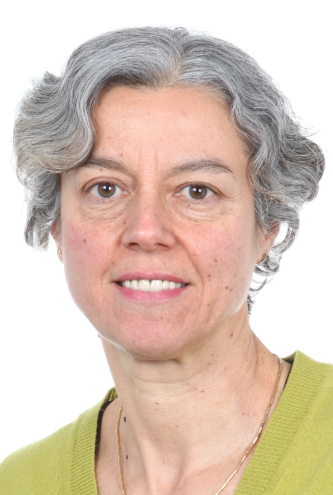
Simone Hochgreb
University of Cambridge, Cambridge, UK
Short-biography:
Simone Hochgreb is a Professor of Engineering at the University of Cambridge. Her main research interests are in understanding processes in combustion and reacting flows, as relevant to power conversion and industrial processes. She has co-authored around 200 journal publications in engine and gas turbine combustion, reacting flows, measurement methods and thermoacoustics.
Short-biography:
Simone Hochgreb is a Professor of Engineering at the University of Cambridge. Her main research interests are in understanding processes in combustion and reacting flows, as relevant to power conversion and industrial processes. She has co-authored around 200 journal publications in engine and gas turbine combustion, reacting flows, measurement methods and thermoacoustics.
Her recent interests are in the application of optical diagnostics to the measurements of temperatures and species in turbulent flames, hydrogen combustion, thermoacoustics, aerosols and flame synthesis. She is a Fellow of the Combustion Institute, and of the Royal Aeronautical Society, and Distinguished Fellow of the International Institute of Acoustics and Vibration.
Emerging issues in turbulent combustion of low carbon fuels
Emerging issues in turbulent combustion of low carbon fuels
Abstract:
Energy systems across the world are changing at a fast pace, with demands for low or zero net carbon energy conversion. Wind and solar dominate the growth of primary energy delivery, while a number of solutions are proposed for the particularly difficult problems of long-term seasonal storage. Hydrogen, ammonia and liquid synthetic fuels are proposed solutions, although their production costs are still outside the competitive range.
An increasing number of studies on laminar and turbulent combustion of such fuels have been launched to both understand their properties relatively to well-studied fossil fuels. The investigations have opened further windows into the role of differential diffusion of both large and small molecular weight fuels in turbulent combustion, as well as the continuing challenges of predictions in the combustion of blends.
In this talk, we will survey at the current state of the art in experimental and modeling studies of low carbon fuels and blends, showing successes and pointing the way to further challenges
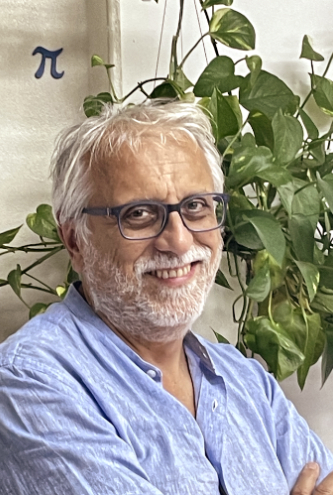
Raffaele Ragucci
STEMS - CNR, Naples, Italy
Short-biography:
Raffaele Ragucci is a research director at Institute of Science and Technology for Sustainable Energy and Mobility (STEMS) of CNR. He worked along the years on several combustion related topics. Among others, liquid atomization, optical diagnostics, gaseous and liquid combustion, MILD combustion as well as biomass pyrolysis.
Short-biography:
Simone Hochgreb is a Professor of Engineering at the University of Cambridge. Her main research interests are in understanding processes in combustion and reacting flows, as relevant to power conversion and industrial processes. She has co-authored around 200 journal publications in engine and gas turbine combustion, reacting flows, measurement methods and thermoacoustics.
Her recent interests are in the application of optical diagnostics to the measurements of temperatures and species in turbulent flames, hydrogen combustion, thermoacoustics, aerosols and flame synthesis. She is a Fellow of the Combustion Institute, and of the Royal Aeronautical Society, and Distinguished Fellow of the International Institute of Acoustics and Vibration.
Energy and mobility sustainability
Energy and mobility sustainability
Abstract:
Energy and Mobility sectors are responsible for more than 3/4 of the global green-house gases emissions. Combustion is still widely used in many so called “hard-to-abate” sectors. They include both energy production and energy intensive industrial sectors as well as terrestrial, marine and aeronautical propulsion systems. While it is commonly forecasted that combustion free processes and technologies will allow for a significant reduction of GHG emissions, the present picture hardly suggests that this goal will be reached in the next decade. According to realistic scenarios combustion will continue to play a central role in many industrial sectors and will be used in propulsion for many years to come. Cleaner combustion processes, carbon neutral fuels exploitation, efficient and fuel flexible processes and devices will be still developed in the next years. The lecture aims to outline the main motivations and critical issue that research in combustion has to face with to support this developments.

Luís Tarelho
University of Aveiro, Aveiro, Portugal
Short-biography:
Licentiate in Environment Engineering and PhD in Environment Applied Sciences at University of Aveiro, Portugal.
Associate Professor in Environmental Sciences and Engineering – Environment Technology, at the Department of Environment and Planning, University of Aveiro.
Short-biography:
Licentiate in Environment Engineering and PhD in Environment Applied Sciences at University of Aveiro, Portugal.
Associate Professor in Environmental Sciences and Engineering – Environment Technology, at the Department of Environment and Planning, University of Aveiro.
Coordinator of the Research Cluster Circular Economy, Resources and Energy Optimization
(https://www.cesam-la.pt/en/research-groups/rg6/) at the Associate Laboratory Centre for Environmental
and Marine Studies (CESAM) at University of Aveiro. http://www.cesam.ua.pt/tarelho.
Main research expertise is in the field of biomass to energy and valorisation (material and energetic) of solid wastes and alternative gaseous fuels. Expertise in developing and optimization of thermochemical (combustion, gasification, and pyrolysis) processes and technologies for energetic conversion of biomass (including sewage sludge and solid wastes) to energy vectors and bio-products and its integration in industrial processes, namely thermal energy and gaseous and liquid fuels, and bio-products (e.g., biochar), and related measures to mitigate environmental impacts. Expertise in developing bench-scale facilities for processes characterisation and optimization, and prototypes and pilot-scale facilities for demonstration of the technology of thermochemical conversion of biomass to energy. Expertise in bubbling fluidised bed reactors. Collaboration with industrial partners, as the pulp and paper industry and the electric energy production industry, and other industrial sectors as the charcoal production, in order to optimize the processes and technology at industrial scale, and also collaboration with international R&D partners, e.g., in Sweden, Brazil, Spain.
Thermochemical conversion of Biomass, Pyrolysis, Gasification
Thermochemical conversion of Biomass, Pyrolysis, Gasification
Abstract:
Thermochemical conversion of biomass to energy vectors and organic products will be analysed in this presentation. The process and technology of pyrolysis, gasification and combustion. are analysed with focus on main technologies and most relevant products and some of their applications. Biomass combustion for heat and power production, pyrolysis for biochar, bio-oil and gas production and gasification for producer gas production will be addressed. The technology of fluidized bed reactors for combustion and gasification and auger reactors for pyrolysis processes will be analysed. The analysis is supported also with examples of extended research topics that have been developed at University of Aveiro, Portugal.
